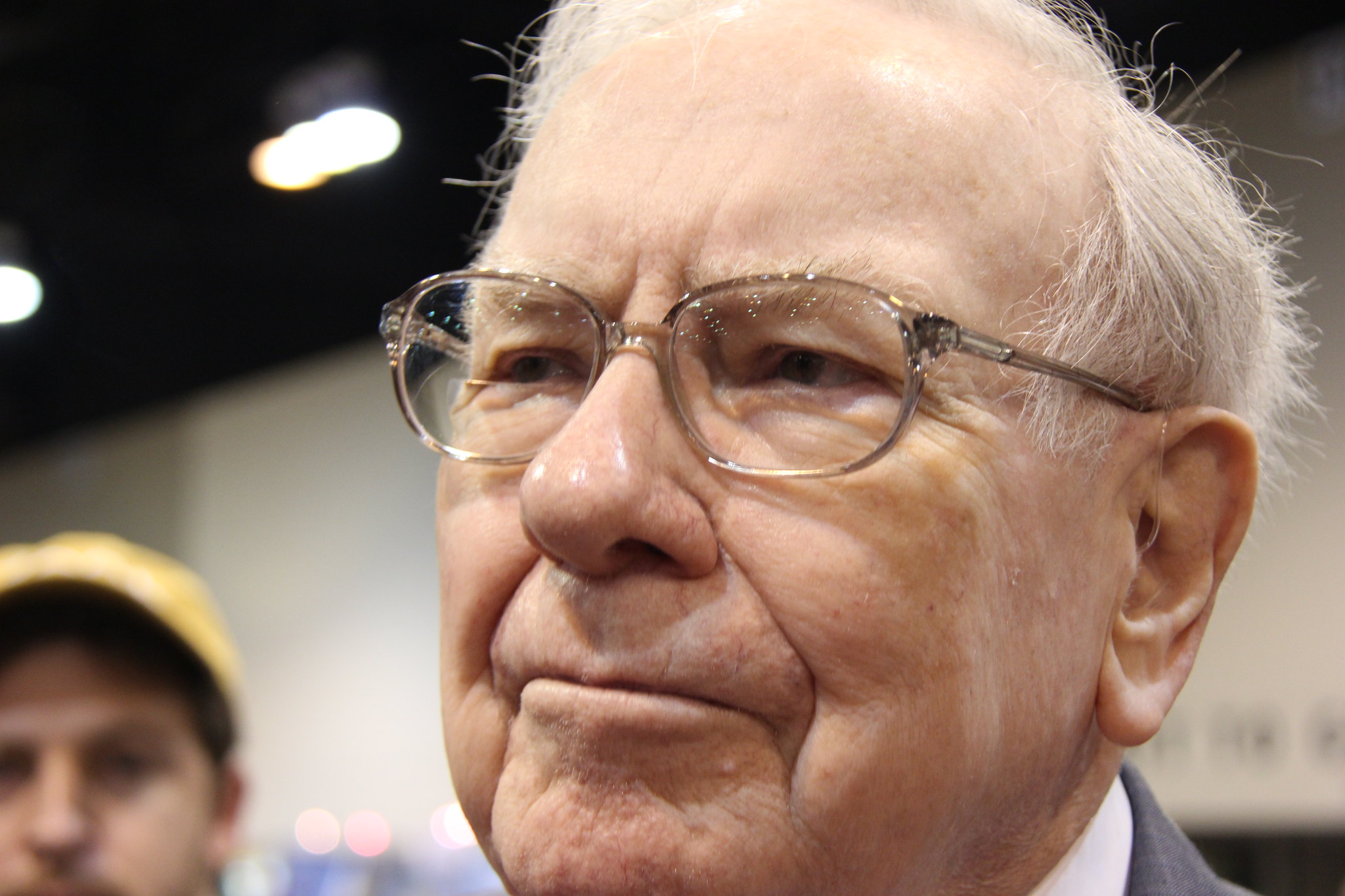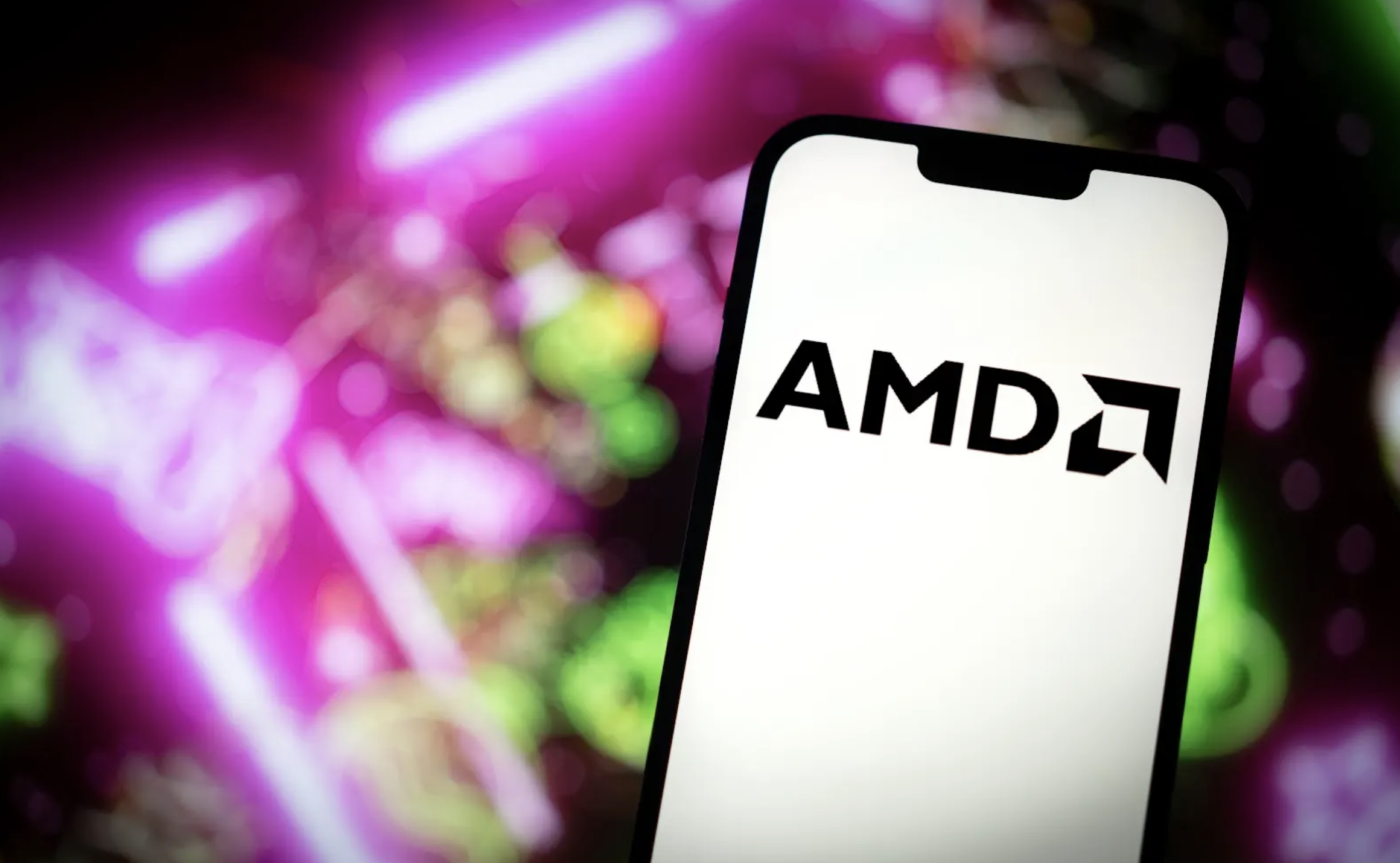Berkshire’s Echoes: A February Reckoning

The conglomerate, a behemoth forged in the fires of patient accumulation, now bore the subtle imprint of a new hand. Greg Abel, the chosen successor, walked the halls, but the spirit of Buffett lingered, woven into the very fabric of the portfolio. A quarter of that vast wealth rested within the often-overlooked realm of finance, a silent testament to the old man’s understanding of risk and reward. It was there, amidst the intricate web of loans and investments, that the seeds of future growth, or decline, were sown. And two names, seemingly small in the grand scheme, held a particular allure: Jefferies Financial and Ally Financial. They were not the grand cathedrals of commerce, but rather, the humble chapels, quietly gathering their strength.







